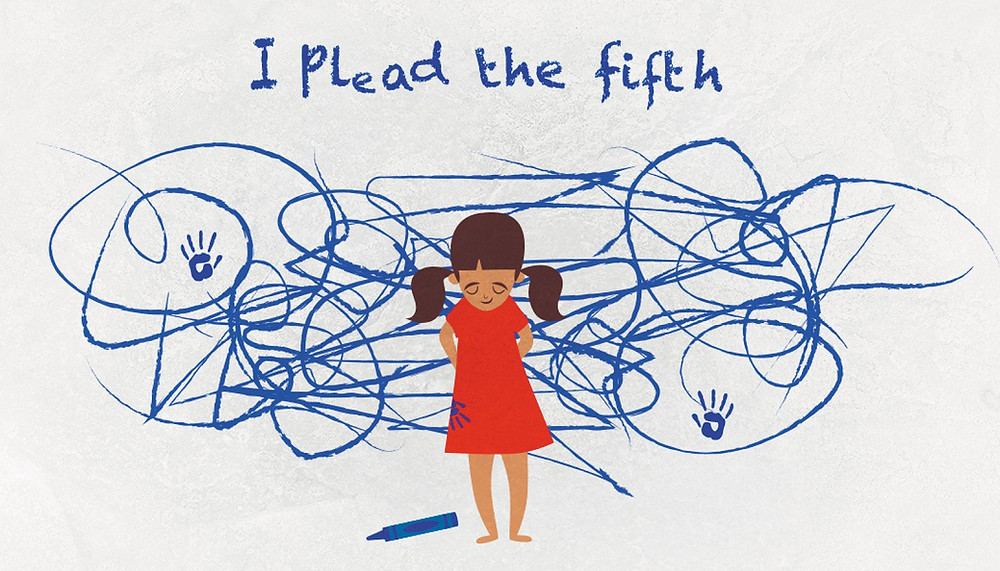
When someone is in a legal situation, they may choose to plead the fifth. This phrase refers to the fifth amendment of the United States Constitution, which gives individuals the right to remain silent and not incriminate themselves. While pleading the fifth can protect someone from self-incrimination, there can be consequences to doing so. Here are some of the potential outcomes of pleading the fifth.
Adverse Inferences
While pleading the fifth may prevent someone from admitting guilt, it can also lead to adverse inferences. This means that if someone pleads the fifth, the judge or jury may assume that they are hiding something or guilty. This can harm the credibility of the person who pleads the fifth and can have negative consequences for their case.
Contempt of Court

If someone pleads the fifth in a court of law, they may be held in contempt of court. This means that they are disobeying a court order or being disrespectful to the court. Contempt of court can lead to fines, imprisonment, or other legal consequences. It is important to follow the rules of the court and work with legal counsel to determine the best course of action.
Negative Public Perception

When someone pleads the fifth, it can be seen as an admission of guilt or wrongdoing. This can lead to negative public perception and damage to one's reputation. It is important to consider the potential consequences of pleading the fifth and to work with legal counsel to determine the best approach to a legal situation.
Loss of Rights

Pleading the fifth can lead to the loss of certain rights. For example, if someone pleads the fifth during a criminal trial, they may be denied the right to testify in their own defense. It is important to weigh the potential consequences of pleading the fifth and to work with legal counsel to determine the best course of action.
Increased Scrutiny

If someone pleads the fifth, they may come under increased scrutiny from law enforcement or other authorities. This can lead to further investigation and potential legal consequences. It is important to work with legal counsel and follow the rules of the court to minimize the potential for negative outcomes.
Conclusion
While pleading the fifth can protect someone from self-incrimination, it can also have negative consequences. Adverse inferences, contempt of court, negative public perception, loss of rights, and increased scrutiny are all potential outcomes of pleading the fifth. It is important to work with legal counsel and weigh the potential consequences before deciding to plead the fifth in a legal situation.